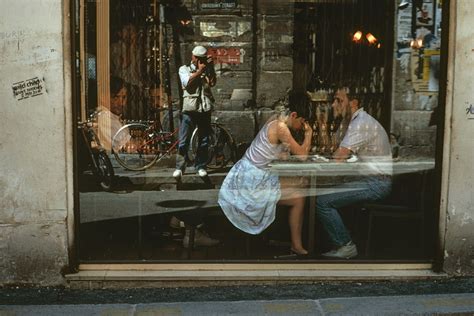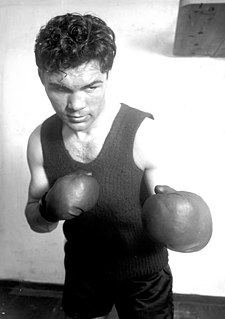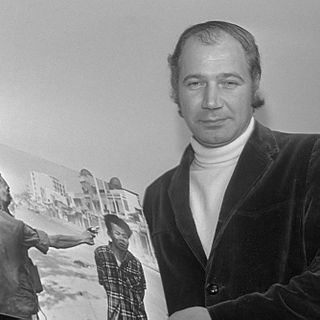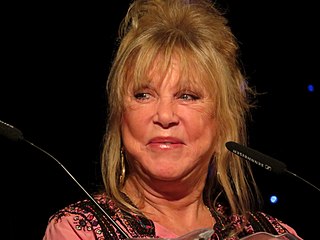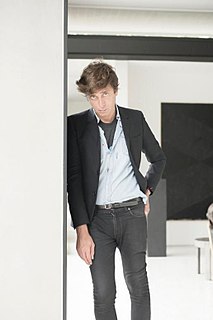A Quote by W. Eugene Smith
I would that my photographs might be, not the coverage of a news event, but an indictment of war - the brutal corrupting viciousness of its doing to the minds and bodies of men; and, that my photographs might be a powerful emotional catalyst to the reasoning which would help this vile and criminal stupidity from beginning again.
Related Quotes
I started to concentrate more upon how the viewer looks at photographs... I would insert my own text or my own specific reading of the image to give the viewer something they might not interpret or surmise, due to their educated way of looking at images, and reading them for their emotional, psychological, and/or sociological values. So I would start to interject these things that the photograph would not speak of and that I felt needed to be revealed, but that couldn't be revealed from just looking at an image.
Images anesthetize. An event known through photographs certainly becomes more real than it would have been if one had never seen the photographs ... But after repeated exposure to images it also becomes less real. ... 'concerned' photography has done at least as much to deaden conscience as to arouse it.
I don't think I would have been a good architect. Really, I have thought about this from time to time, and I might have wound up like my father, who never did find that which he could devote his life to. He sort of drifted from job to job. He was a traveling salesman, he was a bookkeeper, he was an office manager, he was here, there, there. And however enthusiastic he was at the beginning, his job would bore him. If I hadn't had the writing, I think I might have replicated what he was doing, which would not have been good.
It wasn't until I realised that I could actually take nice photographs that I started to become passionate about it. I then got a few jobs working for magazines in London, and I would get terribly excited and intense about doing a job and taking photographs and looking through the lens to capture something amazing.
There was as big a reaction after the revelations about Assad's chemical weapons. Nevertheless, that photograph did strike a singular chord. Which leads us to a larger fact: we don't understand why certain photographs create such an upheaval in one's soul. You look at them and go, "Oh my gosh." And that doesn't happen with television. It's unique to photography. Photographs are unique in that they are a frame abstracted out of reality, out of, in this case, a civil war. A single event can carry so much weight. And that is extraordinary.
The inferiority of photographs to the best works of artists, so far as resemblance is concerned, lies in their catching no more than a single expression. If many photographs of a person were taken at different times, perhaps even years apart, their composite would possess that in which a single photograph is deficient.
Everything that civilisation has to offer is a product of human intelligence; we cannot predict what we might achieve when this intelligence is magnified by the tools that AI may provide, but the eradication of war, disease, and poverty would be high on anyone's list. Success in creating AI would be the biggest event in human history. Unfortunately, it might also be the last.

